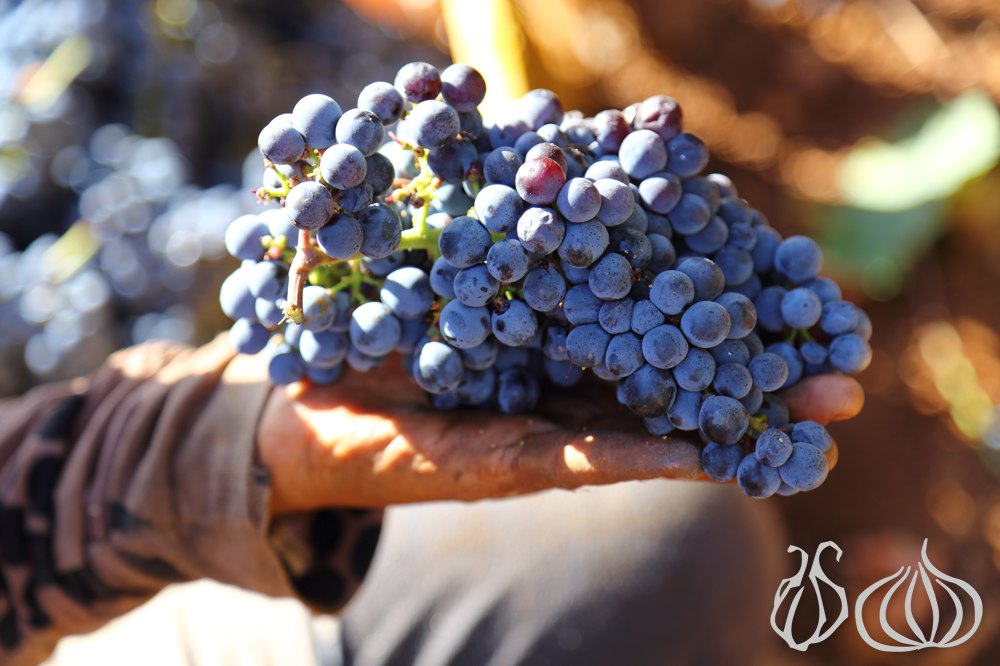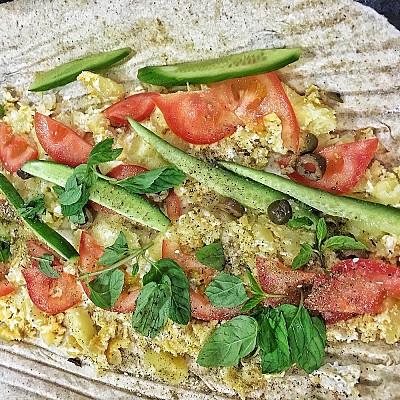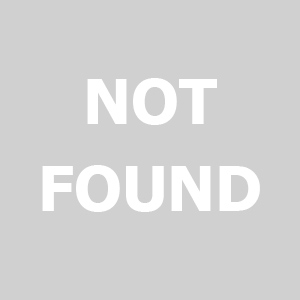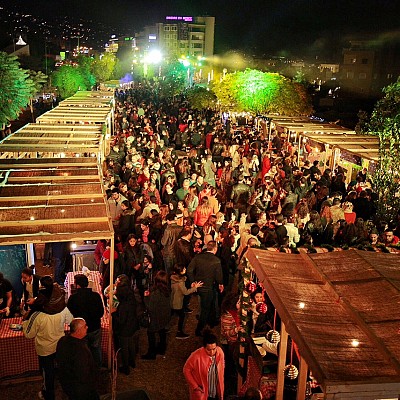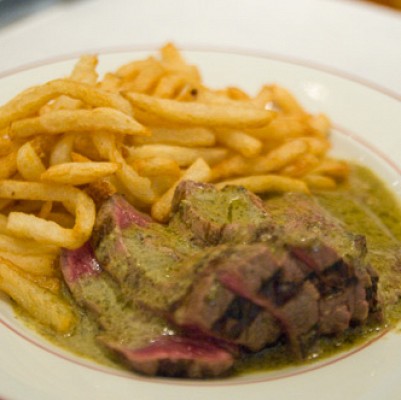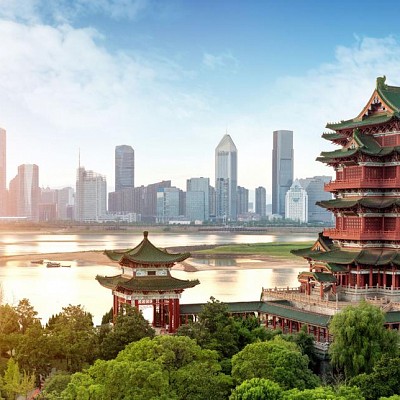A group of Lebanese producers will take to the road next year for a series of almost 30 tutored tastings in 24 cities around the world.
Lebanese wine writer and journalist Michael Karam will host the events, which will target press, trade and consumers in cities including London, Beijing, Tokyo, Hong Kong, Moscow, Brussels, Copenhagen, Amsterdam, New York, Los Angeles, Montreal, Ontario and Dubai.
Each tasting will feature wines from the eight participating producers: Château Ka, Château Kefraya, Château Ksara, Château St Thomas, Domaine de Baal, Domaine des Tourelles, Domaine Wardy, and Ixsir.
Explaining the aim of this 24-month initiative, Domaine des Tourelles owner Faouzi Issa said: “We want to raise the profile of Lebanese wine in key markets in a more mobile and cost-effective way.”
As for the decision to appoint Karam, author of Wines of Lebanonamong other publications, as a figurehead for the collective, Issa observed: “We spend a sizeable chunk of our budget travelling abroad to promoting our wines so going as a group with one ‘ambassador’ allows us to be more efficient and Michael knows our wines better than anyone.”
With around 50% of Lebanon’s 8.5 million bottle production currently exported, Karam outlined an ambition to bring the country’s wines to a wider audience.
“These wines are really special with a great back story and made with exciting varieties, so I’m hoping that we can make a real impact, especially in the independents and the on-trade,” he remarked.

Lebanon is among the oldest sites of wine production in the world. The Israelite prophet Hosea (780–725 BC) is said to have urged his followers to return to Yahweh so that "they will blossom as the vine, [and] their fragrance will be like the wine of Lebanon". The Phoenicians of its coastal strip were instrumental in spreading wine and viticulture throughout the Mediterranean in ancient times. Despite the many conflicts of the region, the country has an annual production of about 600,000 cases of wine. Recently the sector has been witnessing an unprecedented growth. The number of wineries went from 5 in 1998 to over 30 nowadays.
All the major wineries have their vineyards in the southern Beqaa Valley. Chateau Ksara remains much the biggest, with 70% of all the country's production.[10] It is no longer connected with the Jesuit house of Tanail, it was sold in 1972 and suffered considerably during the civil war, but has now bounced back with reds and rosés made from Rhone varietals such as Carignan and Cinsaut.
Next biggest is Château Kefraya, whose majority of shares were bought by Druze politician Walid Jumblatfrom the De Bustros family in the late 1980s. The former winemaker, Yves Morard, has now set up Cave Kouroum nearby.
Chateau Musar is perhaps the best known in the West, it was a particular favourite of Auberon Waugh. Musar achieved international recognition at the Bristol Wine Fair of 1979 and for a long time was the only Lebanese wine widely available in the United Kingdom. The second wine, 'Hochar', is made in a lighter style for earlier drinking. Chateau Musar is known for transporting the grapes across the Front line during the civil war.
Run by Ramzi and Sami Ghosn, Massaya is a boutique winery that marked a turning point because of the financial involvement of French wine dynasties (Vieux Telegraphe and Cheval Blanc) and quick international market success. Indeed the features on CNN, BBC, Travel Channel, TV5... and in the New York Times, Decanter... are bolstering Lebanon's leading position in the Ancient World Wine category. Beside the Gold Reserve, Massaya is reputed for its Vineyard restaurant and the hospitality of its tasting room.
Domaine Wardy has roots that date back to 1891. Domaine Wardy is the first winemaker to cultivate vines at an altitude of 1,100 and 1,400 meters and the first in Lebanon to produce single variety wine. Domaine Wardy is renowned for its high-quality wine, including its aromatic whites and strong bodied reds, earning it prestigious international awards and mentions.
Among the wineries, one can mention Chateau Marsyas, the Johnny Saade's family-owned estate, who is being advised by international consultant Stephane Derenoncourt.
There are several other significant wineries, including Karam Winery the first wine to be produced in Lebanon's southern region, specifically in Jezzine. Domaine de Baal, Château Héritage, Château Faqra, Château Nakad in Jdita, Domaine des Tourelles (who make Brun arak), Clos Saint Thomas, Cave Kouroum, Clos de Cana, Nabise Mont Liban, Château Qanafar, Château Khoury and Couvent St. Sauveur.
IXSIR wine inspired renowned French wine critic Jean-Marc Quarin to award it “the best grade I have ever given to a Lebanese wine” at Bordeaux’s infamous La Semaine des Primeurs 09.

Currently the sector exports over 50% of the production mainly to the United Kingdom, France and the United States.


















